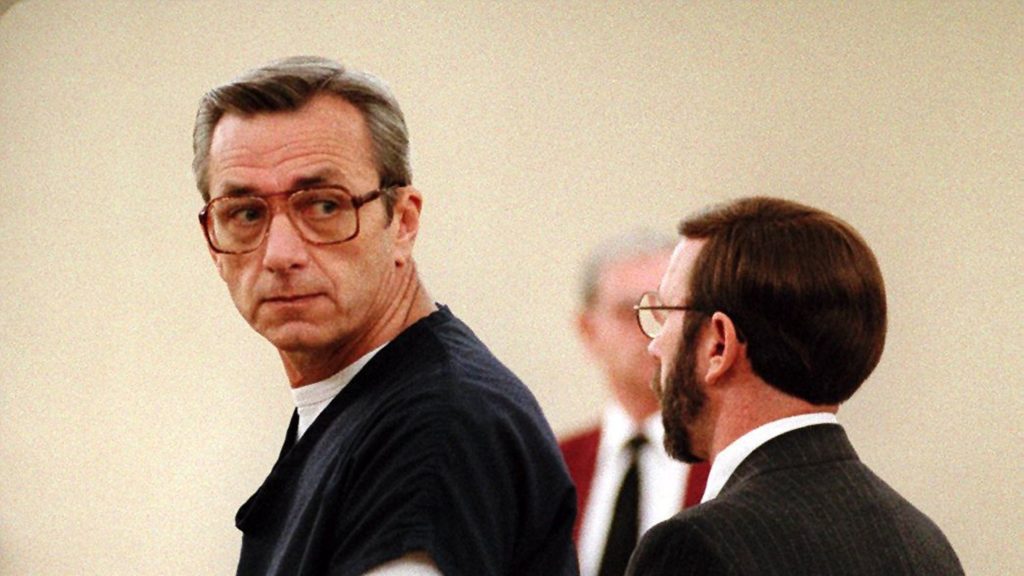Today in the Permanently Broken Death Penalty

There is a real chance that Florida will put an innocent man to death:
For more than three decades, James Dailey, a Vietnam War veteran, has been sitting on Florida’s death row, condemned to die for the brutal 1985 murder of a teenager named Shelly Boggio.
In October, a federal judge issued a temporary stay of Mr. Dailey’s execution. As soon as the stay expires, on Monday, Gov. Ron DeSantis can schedule a date to have him put to death.
What Florida officials have so far refused to acknowledge — and what is documented in an infuriating in-depth investigation by Pamela Colloff for The New York Times Magazine and ProPublica — is that Mr. Dailey, 73, is almost certainly innocent.
In fact, the local authorities in Pinellas County, on Florida’s Gulf Coast, first prosecuted someone else for Ms. Boggio’s murder — a housemate of Mr. Dailey’s named Jack Pearcy. Mr. Pearcy had a history of arrests for violence against women, was the last person to see Ms. Boggio alive and admitted to the police that he stabbed her — not fatally, he claimed.
Mr. Pearcy was found guilty, and the jury sentenced him to life in prison. That should have been the end of the matter, but Ms. Boggio’s murder had convulsed Pinellas County, and prosecutors there faced intense pressure to make sure someone paid the ultimate price for it.
That’s where Mr. Dailey comes in. He acknowledged having met Ms. Boggio on the night of her murder, but he denied killing her, and no direct evidence linked him to the crime. So how did he end up on death row? Largely on the word of one man, Paul Skalnik, a jailhouse informant who told a jury in compelling detail how Mr. Dailey had confessed to him.
As with all of her stuff, the Colloff piece is strongly recommended. And it’s worth remembering that the extremely implausible testimony of a jailhouse snitch was one of the pieces of “evidence” used by Texas in its ultimately successful push to murder Cameron Todd Willingham it had no actual evidence he committed (or, more accurately, no evidence that a crime had occurred at all.) And it’s worth noting as well that an exceptionally grave injustice has been done to Dailey even if his life his spared — prison is horrible.


